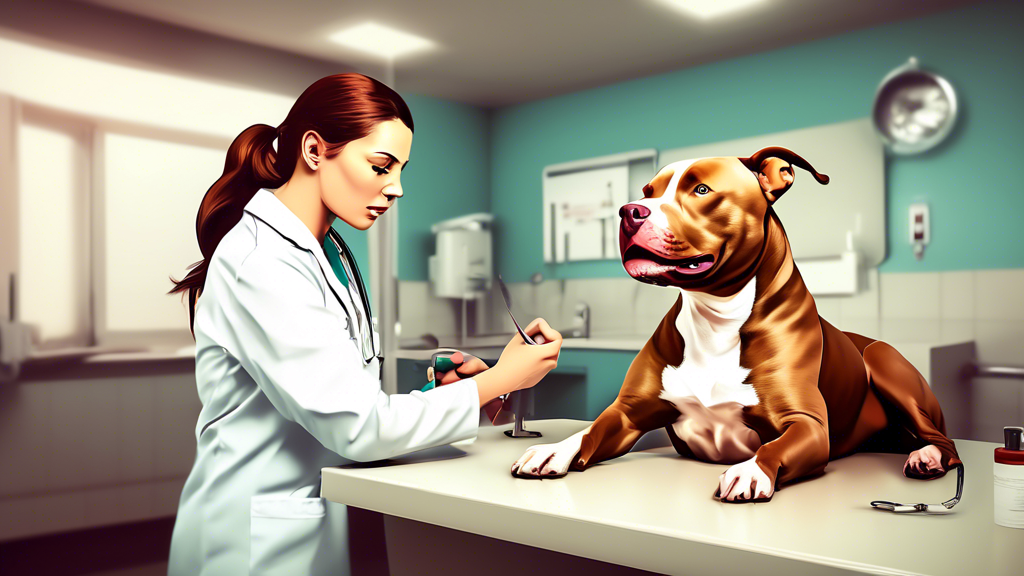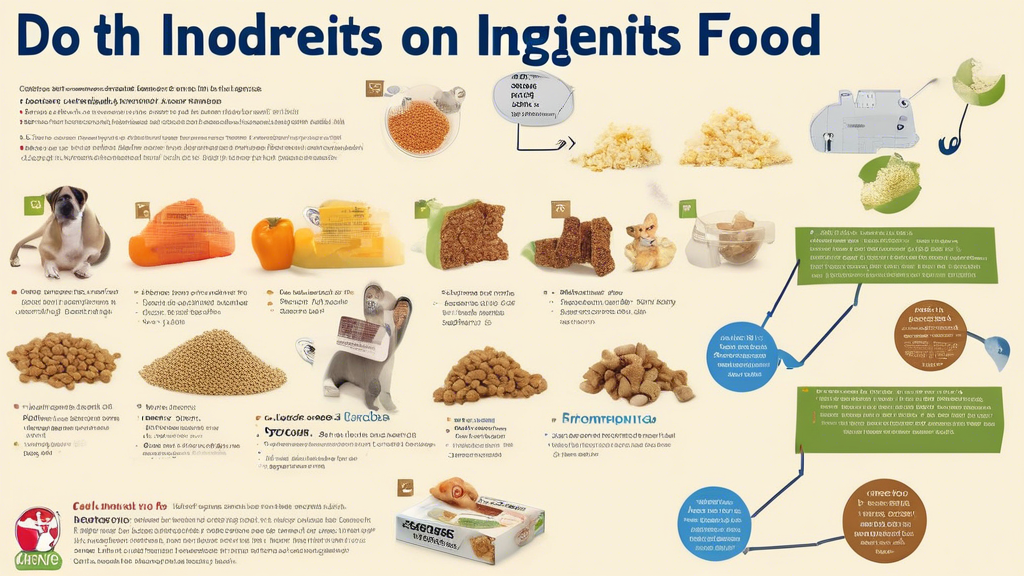Pitbulls are known for their strength, loyalty, and playful nature. However, like all breeds, they are prone to certain health issues. Here we’ll delve into the six most common health concerns affecting Pitbulls and provide valuable insights into their symptoms, diagnosis, and treatment. Understanding these conditions and implementing preventive measures is crucial for responsible Pitbull ownership and ensuring their well-being. Additionally, we’ll explore factors contributing to these health issues and discuss effective management strategies. By gaining a thorough grasp of these common ailments, you can take proactive steps toward safeguarding your Pitbull’s health and longevity.
Common Health Conditions in Pitbulls
Overview
Pitbulls are generally healthy and resilient dogs, but like all breeds, they are prone to certain health issues. Understanding the most common health conditions affecting pitbulls can help you provide optimal care for your beloved companion.
Six Most Common Health Issues
1. Hip Dysplasia
* Symptoms: Limping, difficulty rising, reluctance to exercise, bunny-hopping gait
* Diagnosis: Physical examination, X-rays
* Treatment: Medications, weight management, physical therapy, surgery (in severe cases)
2. Elbow Dysplasia
* Symptoms: Limping, stiffness, decreased range of motion, pain when extending or flexing the elbow
* Diagnosis: Physical examination, X-rays
* Treatment: Medications, weight management, surgery (in severe cases)
3. Skin Allergies
* Symptoms: Itching, scratching, redness, bumps, hair loss
* Diagnosis: Physical examination, ruling out other causes, allergy testing
* Treatment: Antihistamines, corticosteroids, immune therapy, dietary modifications
4. Heart Disease
* Symptoms: Coughing, difficulty breathing, exercise intolerance, fatigue, weight loss
* Diagnosis: Auscultation, echocardiogram, EKG
* Treatment: Medications, dietary changes, exercise restriction, surgery (in severe cases)
5. Bloat (Gastric Dilatation-Volvulus)
* Symptoms: Rapidly distended abdomen, vomiting, retching, restlessness, distress
* Diagnosis: Physical examination, X-rays
* Treatment: Emergency surgery (immediate medical attention required)
6. Thyroid Disease (Hypothyroidism)
* Symptoms: Lethargy, weight gain, hair loss, dry skin, cold intolerance
* Diagnosis: Blood tests
* Treatment: Thyroid hormone replacement medication
Importance of Regular Checkups and Early Detection
Regular veterinary checkups are crucial for detecting and managing health issues in pitbulls. Early diagnosis and treatment can significantly improve the prognosis and prevent severe complications.
The #1 Free Source for Pitbull & Bully Pedigrees!

## Prevention and Management of Pitbull Health Issues
Contributing Factors to Pitbull Health Issues
Pitbulls, like all breeds, face health challenges influenced by various factors:
- Genetics: Breed heritage plays a role in the predisposition to certain diseases.
- Environment: Exposure to toxins, allergens, or infectious agents can impact health.
- Lifestyle: Diet, exercise, and socialization habits can affect overall well-being.
- Age: Aging can lead to degenerative conditions and increased susceptibility to diseases.
Preventive Measures to Reduce Risk
Proactive measures can minimize the risk of developing health issues in pitbulls:
- Regular Veterinary Checkups: Annual examinations and diagnostics help detect early signs of disease.
- Vaccinations: Routine vaccinations protect against preventable infectious diseases.
- Spay/Neuter: Sterilization reduces the risk of reproductive cancers and certain other diseases.
- Healthy Diet: A balanced, age-appropriate diet supports overall health and immune function.
- Regular Exercise: Physical activity promotes joint health, weight management, and reduces stress levels.
- Environmental Control: Limit exposure to harmful toxins and allergens by providing a clean and safe environment.
Management Strategies for Existing Health Issues
If a pitbull is diagnosed with a health condition, effective management strategies are crucial:
- Medical Treatment: Follow veterinarian’s prescribed treatments, including medications, surgeries, or therapies.
- Dietary Modifications: Adjust the diet to meet specific nutritional needs, such as reducing sodium intake for heart conditions.
- Lifestyle Management: Tailor exercise, socialization, and other aspects of daily life to support the dog’s health.
- Monitoring and Assessment: Regularly monitor the dog’s health and consult with the veterinarian to track progress and adjust treatment as needed.
- Alternative Therapies: Explore complementary therapies such as acupuncture, massage, or hydrotherapy to support overall well-being.
Recommended Dietary and Lifestyle Modifications
For pitbulls with specific health conditions, tailored adjustments are essential:
- Heart Disease: Reduce sodium intake, increase fiber, and opt for low-fat proteins.
- Hip Dysplasia: Maintain a healthy weight, provide joint supplements, and consider hydrotherapy.
- Allergies: Identify and eliminate allergens from the environment, such as food, pollen, or dust mites.
- Skin Conditions: Use hypoallergenic shampoos, moisturize regularly, and avoid harsh chemicals.
- Dental Disease: Brush teeth daily, schedule regular dental cleanings, and provide dental chews.
By understanding the contributing factors, implementing preventive measures, and managing existing health issues effectively, owners can improve the health and longevity of their beloved pitbull companions.
**Conclusion**
Understanding the common health issues faced by Pitbulls is crucial for responsible ownership and ensuring their well-being. While these conditions can affect any Pitbull, early detection and preventive measures are essential to mitigate their impact and promote a healthy and fulfilling life for these beloved companions.
Owners should be vigilant in observing their Pitbulls for signs of health issues and seek veterinary care promptly if any abnormalities are noticed. Regular veterinary checkups are invaluable for early diagnosis and ensuring that appropriate treatment is initiated.
Implementing preventive measures, such as proper nutrition, exercise, and avoiding exposure to harmful environmental factors, can significantly reduce the risk of developing these conditions. By providing a supportive and responsible environment, owners can help their Pitbulls live long, happy, and healthy lives. Remember, preventing and managing health issues is a collaborative effort between responsible owners and dedicated veterinary professionals. By working together, we can ensure the well-being of Pitbulls and enhance the bond between these loyal companions and their human families.











Leave A Comment